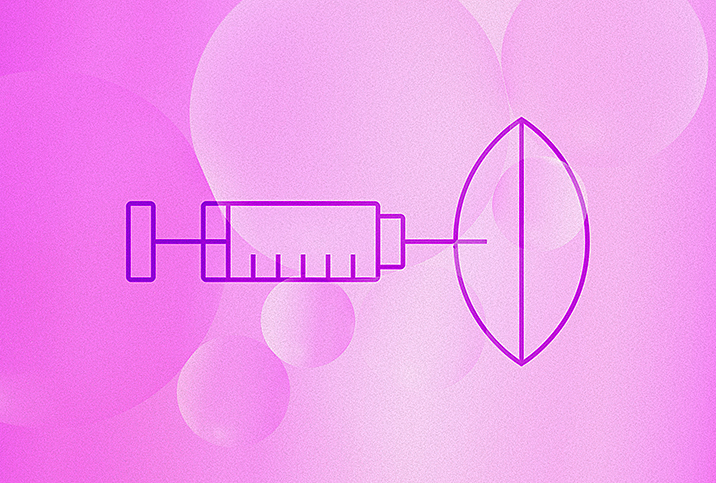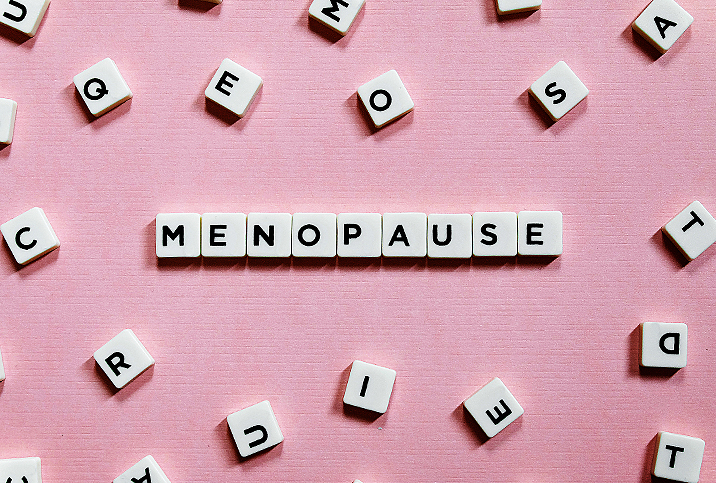Your Vagina Ages, Too. Here’s What You Can Do About It

Like the rest of your body, your genitals will change over time. Skin wrinkles, sags and becomes thinner. Pubic hair turns gray and may, over time, thin or fall out. Some women experience stretching and lengthening of the labia minora during pregnancy and/or childbirth.
The vagina itself changes significantly due to reduced estrogen at the onset of menopause, which results in thinning of the vaginal walls, a decline in lubrication and the potential for itchiness and dryness. The vagina itself undergoes atrophy: It quite literally shrinks and may become shorter, more narrow and less elastic.
Those are the normal changes. Other potential changes include abnormal vaginal bleeding, discharge, odor, lumps, masses or pain, and they may require immediate medical attention.
Effects on mental health & sex
Feeling less confident about your appearance, even (perhaps, especially) that of your vagina/vulva, won’t do favors for your spirits. We all have things we don’t like about ourselves, but it really stings to feel less confident, less attractive or less worthy.
Reduced self-assurance or a decrease in comfort with your body means you probably also feel less secure during sex. You may avoid making love with the lights on or not want a partner to give you oral sex.
In addition to emotional insecurity, many of the changes to the vaginal canal make sex less comfortable, even painful. Avoiding sex or certain acts entirely can take a toll on relationships.
Preventing changes
A majority of changes the vagina undergoes are related to hormones, beginning with menopause. Hormone replacement therapy (HRT) can prevent or reduce symptoms of menopause, including hot flashes, vaginal atrophy, insomnia, mood swings and vaginal dryness, itching and burning.
Engaging in sex is itself one way to prevent vaginal atrophy. Wrinkling and sagging skin are less easy to avoid, but eating a healthy diet rich in antioxidants, staying hydrated and not smoking and avoiding UV light can protect the integrity of skin and reduce wrinkling.
Gray hair down there isn’t necessarily avoidable, but if it bothers you (and you don’t want to dye it), going bare may help to reduce your stress level. Deficiencies of B12 can cause premature graying, so keep up on your B vitamins. And don’t smoke; people who do are two and a half times as likely to find grays.
Reversing changes
If you feel very uncomfortable with the way your vulva looks, you have surgical options: labiaplasty (for reducing the size of the labia minora), vaginal rejuvenation (to increase tightness, help with stress, urinary incontinence and make sex more comfortable), and labia augmentation (fillers that plump the labia majora and create a more youthful-looking vagina).
Making peace with change
Aging is a biologically unavoidable rite of passage. It’s not easy to embrace all the changes that come with time, and women in particular experience enormous pressure because of unrealistic expectations and an undeniable societal stigma against older women.
How you feel about and live with your body is up to you. If you want to reverse any physical changes, even through more drastic measures, and think doing so will improve your life, go for it. If you can embrace your aging body, more power to you. Focus on what those changes represent: accomplishment and a long life well lived.


















